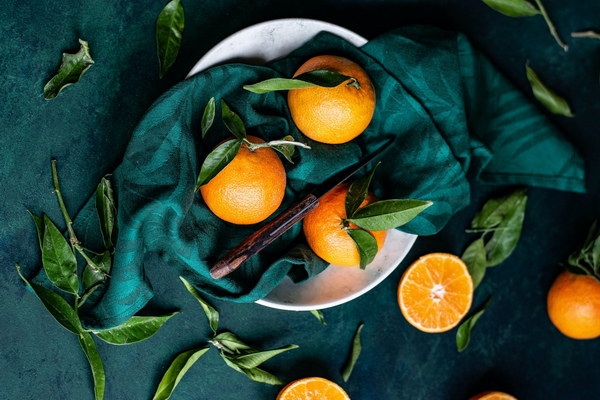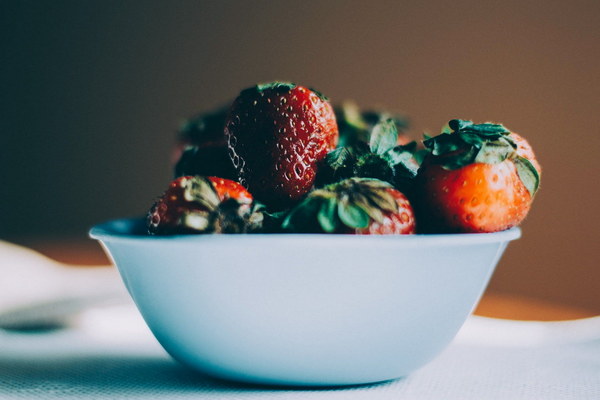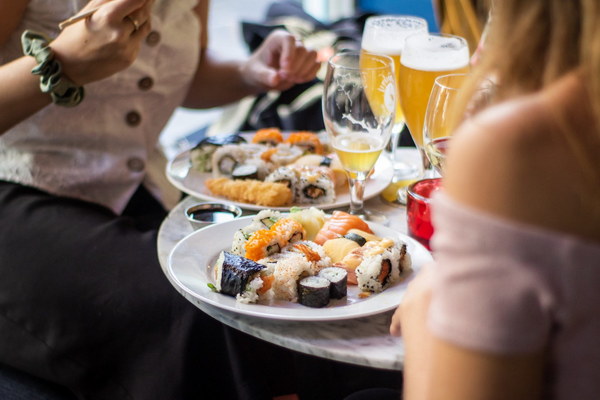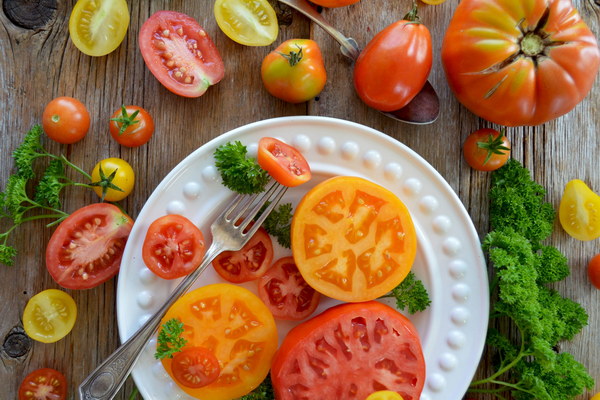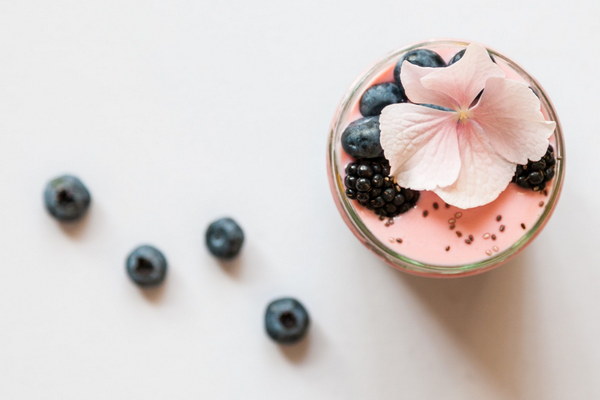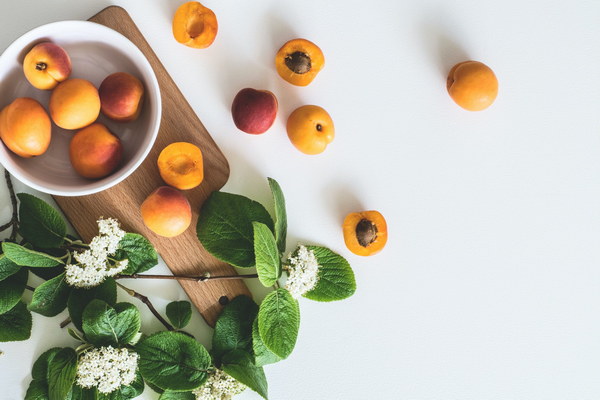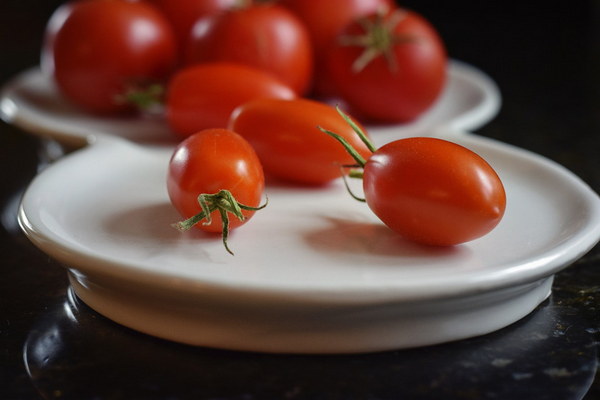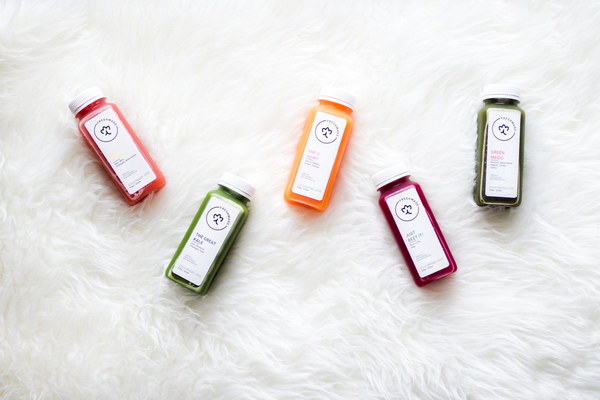Unlocking Vitality The Power of Herbs for Nourishing Jing Blood and Kidney Qi
In the realm of traditional Chinese medicine, the concept of balancing and enhancing one's vital essence, known as Jing, blood, and kidney Qi, is central to overall well-being. These three components are considered the foundational elements that sustain life, and maintaining their harmony is crucial for good health. Herbs that specifically nourish Jing, blood, and kidney Qi have been used for centuries to fortify the body, enhance vitality, and support longevity. This article explores the world of these powerful herbs and their benefits.
Understanding Jing, Blood, and Kidney Qi

In traditional Chinese medicine, Jing is the essence of life, the fundamental substance that animates the body and mind. It is the root of one's vitality and is divided into three types: original Jing, which is inherited from one's parents; acquired Jing, which is gained through diet, exercise, and sexual activity; and seminal Jing, which is directly associated with reproduction.
Blood, on the other hand, is the substance that circulates throughout the body, providing nourishment and oxygen to all tissues and organs. It is also a carrier of emotions and thoughts, influencing mental and emotional health.
Kidney Qi is the energy that animates the kidneys, which play a vital role in regulating growth, development, reproduction, and the functioning of the urinary and reproductive systems. It is also closely associated with the bones, hearing, and hair.
Herbs for Nourishing Jing, Blood, and Kidney Qi
There are numerous herbs that are traditionally used to nourish Jing, blood, and kidney Qi. Here are some of the most well-known:
1. Rehmannia (Shu Di Huang)
Rehmannia is one of the most commonly used herbs in TCM for nourishing blood and Yin. It is particularly effective for replenishing Jing and blood, and is often used to treat conditions such as anemia, fatigue, and weakness.
2. Epimedium (Huang Qi)
Epimedium is known for its ability to tonify kidney Qi and enhance sexual function. It is often used to treat impotence, weakness, and general fatigue associated with kidney deficiency.
3. Cistanche (Cistanche Deserticola)
Cistanche is a potent herb that tonifies kidney Yin and Yang, and is known for its rejuvenating properties. It is often used to treat infertility, weakness, and premature aging.
4. Codonopsis (Dang Shen)
Codonopsis is a versatile herb that tonifies both Qi and blood. It is often used to treat fatigue, weakness, and anemia, and is considered a general tonic for the body.
5. Astragalus (Huang Qi)
Astragalus is a well-known immune-boosting herb that tonifies the lungs and kidneys. It is often used to treat weakness, fatigue, and general debilitation.
The Benefits of Herbs for Nourishing Jing, Blood, and Kidney Qi
The use of herbs to nourish Jing, blood, and kidney Qi offers a multitude of benefits, including:
- Enhanced Energy and Vitality: By tonifying the foundational elements of the body, these herbs can help increase energy levels and improve overall vitality.
- Improved Sexual Function: Herbs that tonify kidney Qi, such as Epimedium and Cistanche, can enhance sexual function and improve reproductive health.
- Reduced Fatigue and Weakness: Herbs like Codonopsis and Astragalus can help alleviate fatigue and weakness, making them suitable for chronic conditions such as anemia.
- Longevity and Anti-Aging: The rejuvenating properties of these herbs may contribute to longevity and the prevention of premature aging.
- Enhanced Mental and Emotional Health: By nourishing blood and Jing, these herbs can improve mental and emotional well-being.
Conclusion
Herbs that nourish Jing, blood, and kidney Qi are an integral part of traditional Chinese medicine, offering a natural and effective way to support overall health and vitality. By understanding the functions and properties of these herbs, individuals can make informed decisions about incorporating them into their wellness routine. As always, it is important to consult with a qualified healthcare professional before starting any new treatment regimen.
